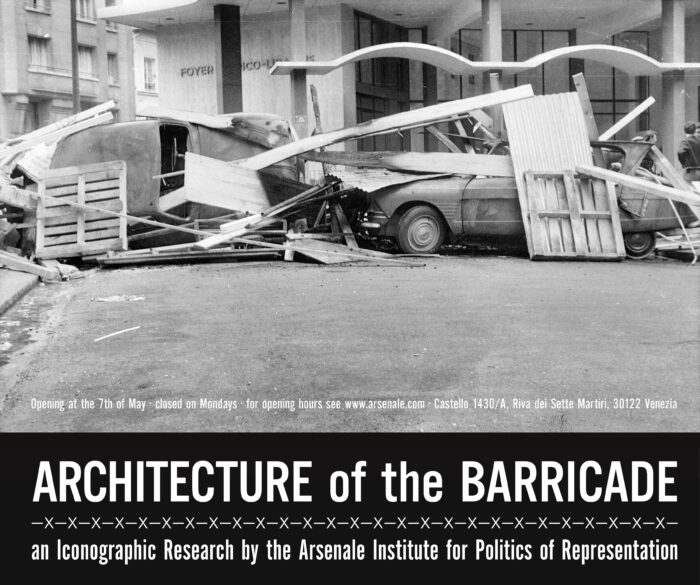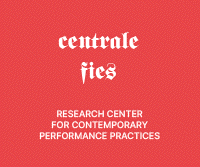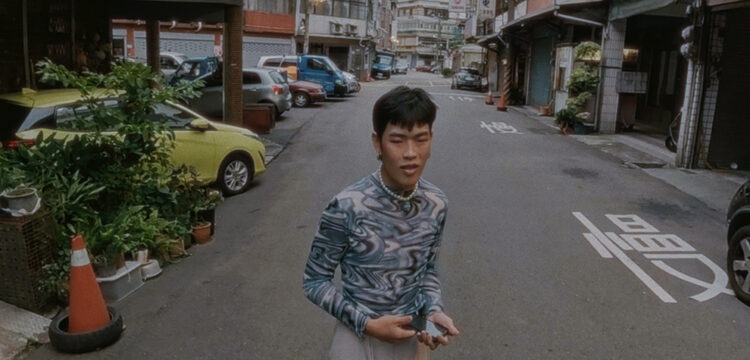A Racially “Clear” AI
Or “What If Al Became Less Racist Than Its Masters”
Happening on March 12th, 6.30 pm at Aula Magna in John Cabot University, Rome, the talk “What If Al Became Less Racist Than Its Masters” with Charles Tonderai Mudede presents the idea of Al exceeding human limitation. Would the realization of this kind of Al be permitted? An Al that doesn’t reproduce the social forms, particularly those associated with racism, that have concentrated so much power and wealth in a few hands?
“Clear” by the founders of Detroit techno, Cybotron, points in this direction. So does Octavia Butler’s Afrofuturist classic Parable of the Talents. And, curiously enough, the Hollywood movie Eagle Eye presents an Al that’s far less racist than its makers as the ultimate enemy. This talk will explore the possibility (a racially “clear” AI) and the challenges it might face.
This talk is part of the program Decolonize! Digital Delights and Disturbances 2024, organized by John Cabot University’s Communications and Media Studies Department.
Digital Delights & Disturbances (DDD) offers radical ways to think out-of-the-(digital)-box we live in, imaginative and informed food for thought to feed our souls lost in the digital mayhem. The Spring 2024 edition, dubbed “Decolonize! Digital Delights & Disturbances,” features a journey through technology with a decolonial and anticolonial gaze, weaving through the intricate narratives of race, gender, and our planet’s wellbeing. This Spring 2024 edition is in collaboration with NERO and CRITT (Centro Culture Transnazionali).
Here is the link to the livestream.
If we consider AI as an empty container that can be “ethically” directed and politically-corrected in a sense, do you think it is feasible to imagine an AI that doesn’t reflect the views of a dominant group?
Charles Tonderai Mudede: This is not impossible. A hammer is infinitely better than my hand at dealing with a nail. Thought is as material as wood. So, why is it not possible to imagine an AI system that’s better at social issues than humans? All of these things (racism, sexism, xenophobia) are material and, as such, have material consequences. AI is a tool. And it could make social issues a purely technical problem. Was this not the dream of post-war socialist planning? But it also became the nightmare we find in orthodoxy economics with the figure of homo economicus.
Can we think of AI as a machine that learns and then teaches back to us?
We learn from Wikipedia, don’t we? This is where I deeply agree with the AI scientist Blaise Aguera y Arcas. AI can be us, and so more than us. Where Blaise and I part is that I see AI as only a tool, and that’s because I don’t believe in the soul and other such Platonic ideas.
Today probably more clearly than ever happening before our eyes, we are witnessing this contrast between, on the one hand, racially (supremacist) biased mainstream media outlet, which are tuned to maintain the status quo and justify settler colonialism, extractivism, and necropolitics, and on the other, a social-media-based sort of resistance that is more devoted to return to, and deliver the truth, toward a certain ideal of justice. At times we have the impression to be learning a lot from this, but also to be shielded from the “darkest” (most violent) variety—what would you say about that?
My god! That’s a lot. I could go into necropolitics alone. The American theorist Warren Montag borrowed it from the African theorist Achille Mbembe to form necro-economics. The economy, in this view, is more important than life. We saw this happening during the COVID lockdown. The state lifted restrictions only because the conventional economy was hurting, bleeding money. But can AI escape the powerful force exerted by the rich? By those who benefit most from “settler colonialism, extractivism, and necropolitics”? All I can offer for now is hip hop. In its formative period, it did escape, by way of new computer technologies, capitalism. It was recaptured for sure. But for a pretty long period, capital didn’t know what to do about hip hop, about sampling. What will become of AI?

What are the challenges of a racially “clear” AI?
The owners of capital. They want AI to reproduce structures that keep them in power. This and nothing more. The question will be: How effective will this enforcement be?
Is there any non-Western-centric perspective on AI? And is it possible to think the AI in non-extractive, non-abusive ways out of scheme master-slave?
I firmly believe that the technology of our times is specific to our times. Are there other social forms that developed hyper-advanced technologies? No. None. So far, such technologies (robots, computers, internet) have only emerged from capitalism. This understanding permeates the science fiction of Cixin Lui. Powerful markets produce the pressures needed to rapidly advance technology. This is a bummer for sure. But if we do not see it as it is, we are left with the fantasy of Black Panther’s vibranium. Technological development that comes from nowhere space.





